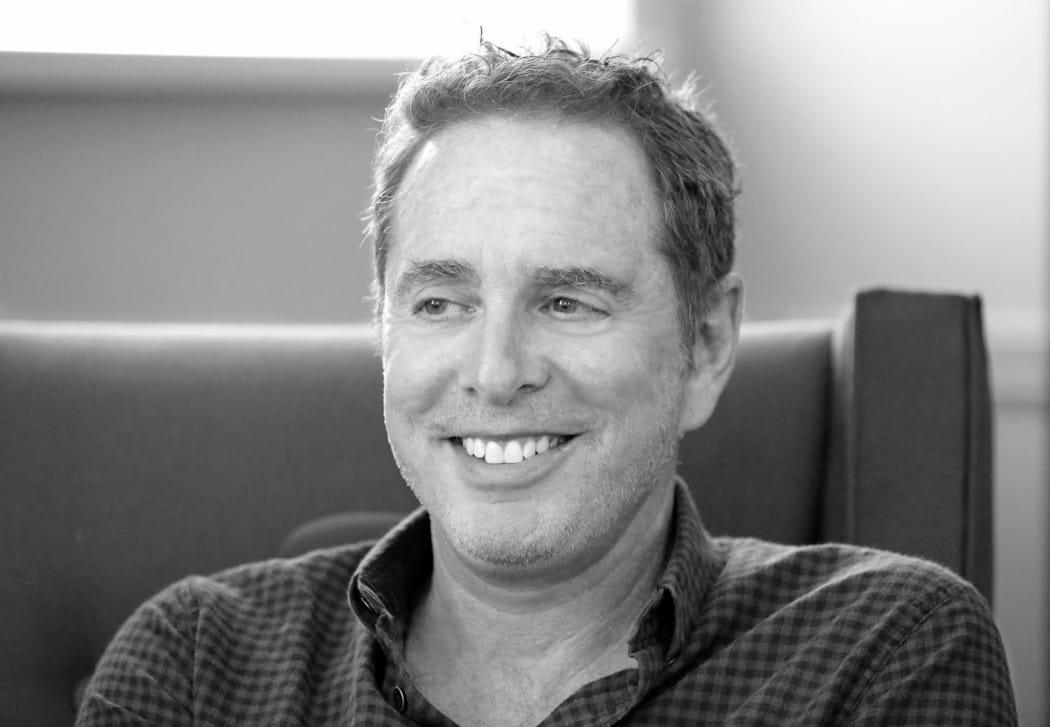Feeling stuck in a rut? Learning to embrace uncertainty could be a way forward, says psychotherapist and author Mel Schwartz.

Photo: Public domain
Many of us would like to be able to predict the future, but because the future is essentially unknowable we end up feeling fearful and anxious, Schwartz tells Jim Mora.
Trying to resist uncertainty will only leave us feeling "choked like a straightjacket", he says.
"Uncertainty equals possibility. But if I'm stuck in this web of needing to know what is unknowable then change is impeded.
"If we embrace uncertainty we participate in the creation of our future."
Schwartz likes the metaphor of being out at sea on a sailboat to illustrate his point:
"You hoist your sail – that's your intention to move… The wind is the embrace of uncertainty. That will get you moving."
The 'to be' verbs we use in English often give the (false) impression of certainty and are too rigid and inert for effective communication, Schwartz says.
They are:
- Are
- Am
- Is
- Was
- Be
- Been
- Being
"When we state something without using 'to be' verbs – for example, replacing 'change is hard' with 'I struggle with change' – we free ourselves up, he says.
"If my thoughts are comprised of these inert 'to be' verbs, it ruins my communication ability, to be able to tend to another's feelings and perceptions, and minimises me."
Write down one of your doubts, Schwartz suggests, and it will almost certainly include a 'to be' verb.
Restate the same idea without a 'to be' verb and suddenly you're talking about your belief or perception – which is open to change – rather than stating a fact.

Mel Schwartz Photo: supplied
Most of us shut down and become defensive the moment we feel like we're being told off, so this technique can really help with challenging conversations, Schwartz says.
He suggests starting such a conversation without a 'to be' verb, i.e. replacing 'you are' with 'I find you'.
"Instead of saying to your partner 'you're wrong', you might say 'I struggle to understand why you feel the way you do, help me understand why you feel that way'.
"If we began to communicate this way with one another, it would change very many things."
"When you are facing a challenging conversation, when you think the other person is going to be defensive or reactive, rethink and start your conversation without a 'to be' verb.
It will feel uncomfortable at first but try and welcome that, Schwartz says.
Mel Schwartz is the author of The Possibility Principle. Earlier this month, he gave a popular Ted Talk about anxiety:
Articles by Mel Schwartz:
'Change a Word-Change Your Life' (September 4, 2018)
Breaking Free From the Groove of Old Thought (December 6, 2018)
Breaking the Cycle of Negativity in Your Relationship (March 5, 2018)

